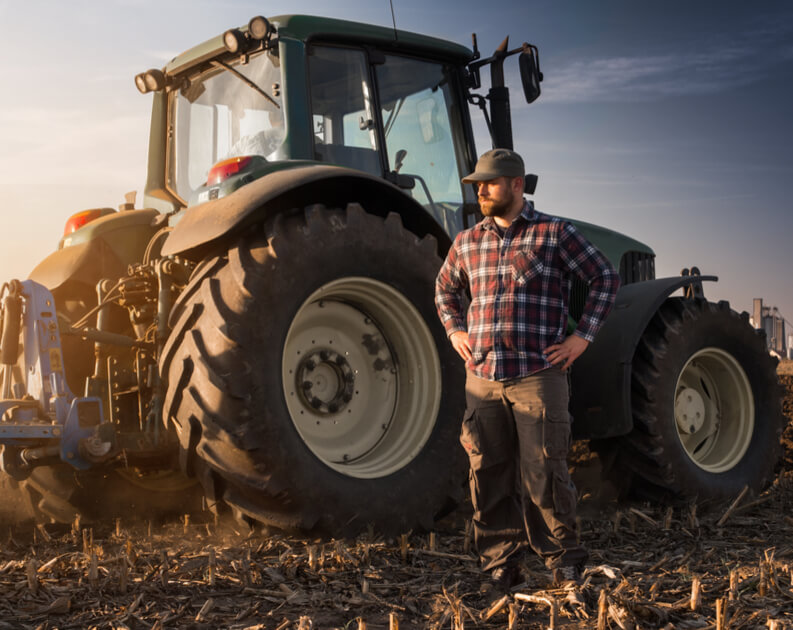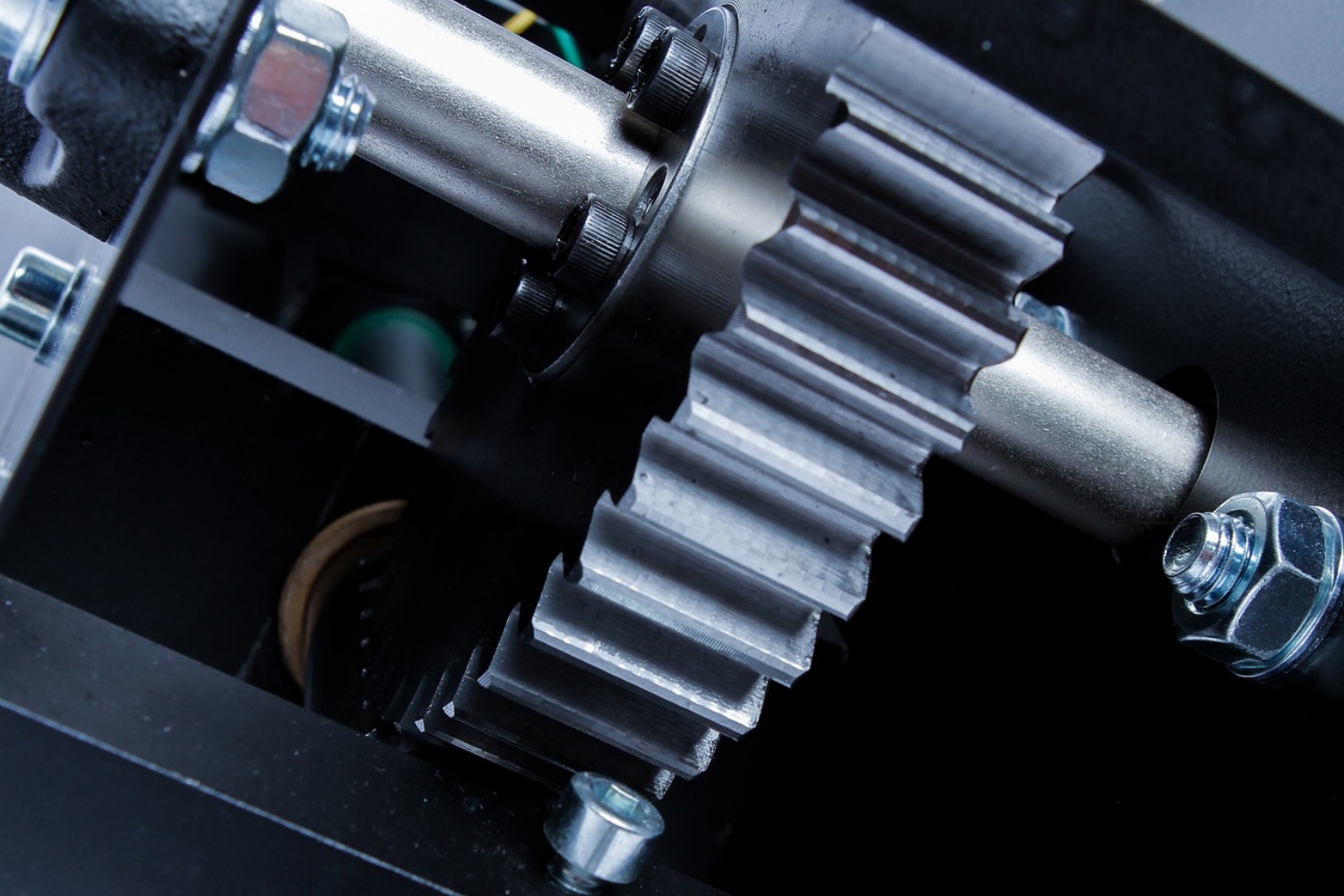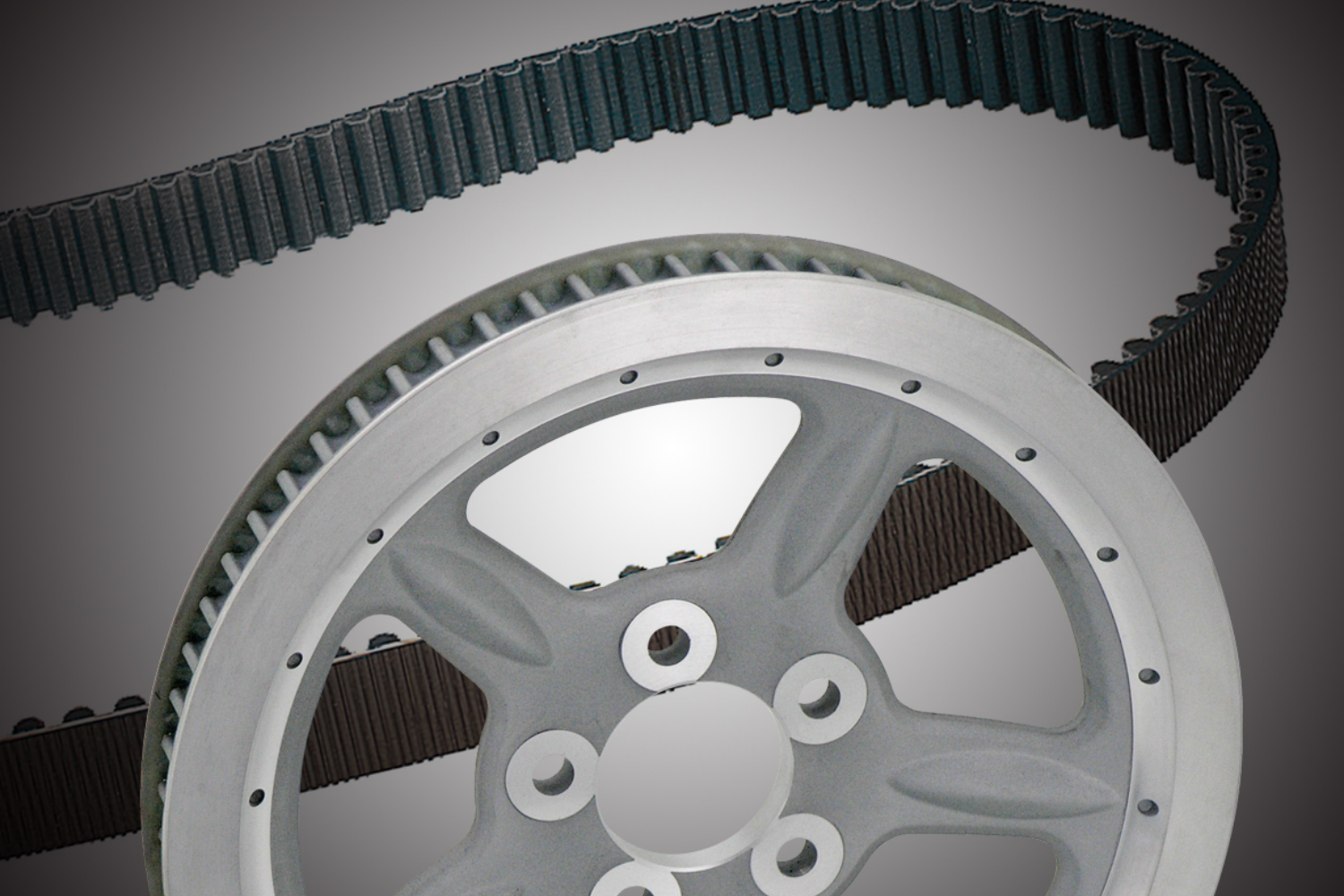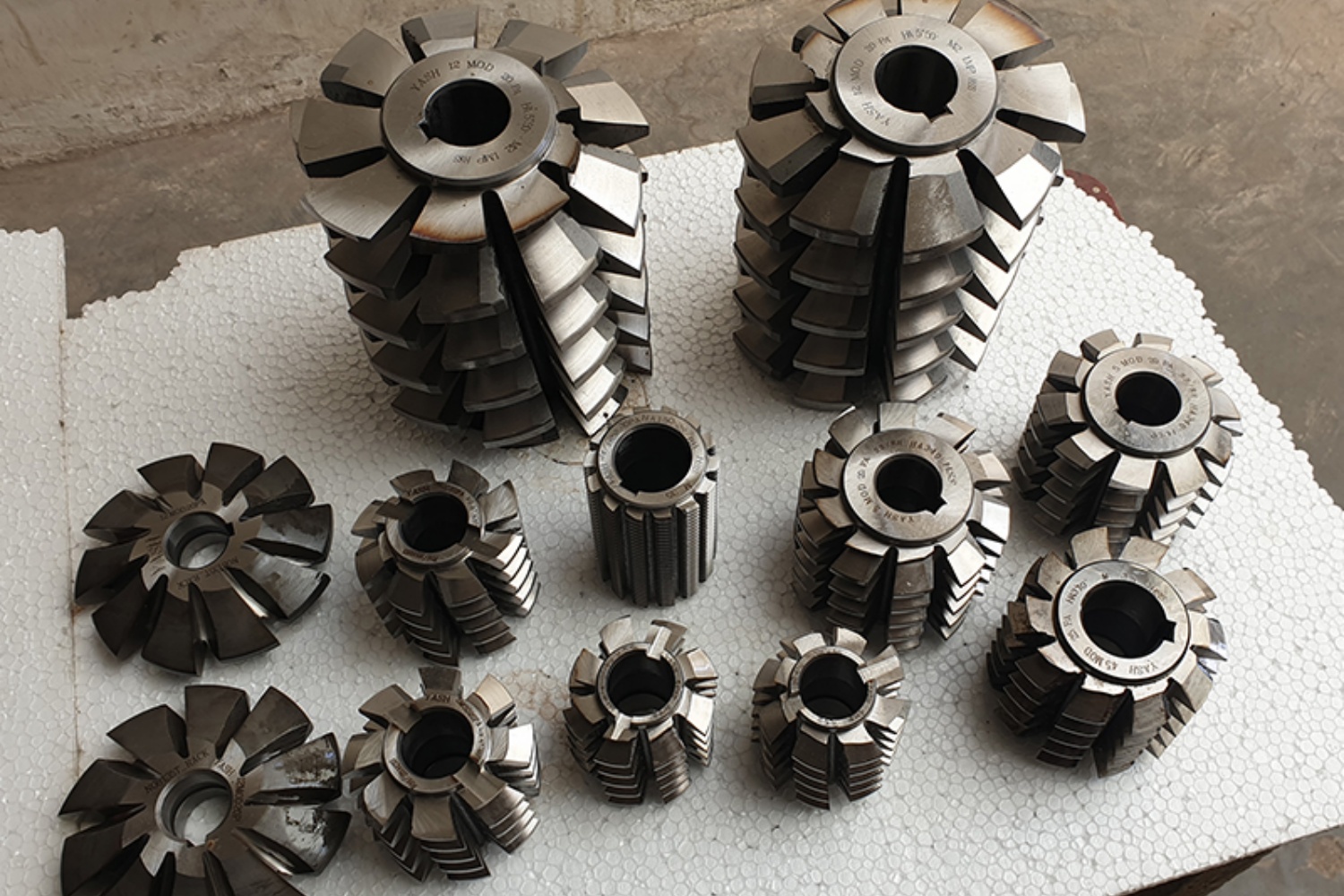Agricultural machinery sprockets play a crucial role in powering various farm equipment, enabling efficient and reliable operations in the agricultural sector. These small yet vital components are responsible for transmitting rotational force from the driving source to the driven components, such as wheels, blades, or conveyors. In this article, we will explore the significance of agricultural machinery sprockets in farm equipment. We will discuss their role in power transmission, the challenges they face in agricultural environments, and the impact they have on overall equipment performance and productivity.
Power Transmission Efficiency :
Agricultural machinery sprockets are key components in power transmission systems. They facilitate the transfer of rotational force from the engine or motor to the working parts of the equipment. The precision design and tooth profile of sprockets ensure efficient engagement with the corresponding chain, belt, or gear mechanism. This results in smooth power transmission, minimizing energy losses and maximizing operational efficiency in farm equipment.
Load Handling and Durability :
Farm equipment operates under demanding conditions, often subjected to heavy loads, shocks, and vibrations. Agricultural machinery sprockets are specifically designed to handle these challenging loads. They are constructed from durable materials such as hardened steel or cast iron to withstand the stresses and strains encountered in agricultural applications. Sprockets with robust construction and high load-carrying capacities ensure reliable performance and longevity, reducing the need for frequent replacements or repairs.
Adaptability and Customization :
Agricultural machinery sprockets are available in a wide range of sizes, designs, and configurations to accommodate diverse equipment requirements. They can be customized to suit specific applications, considering factors such as pitch, teeth count, bore size, and mounting options. This adaptability allows farmers and equipment manufacturers to select sprockets that precisely match the power transmission needs of different farm equipment, optimizing performance and enhancing productivity.
Resistance to Environmental Challenges :
Agricultural environments present unique challenges, including exposure to moisture, dust, dirt, and harsh chemicals. Agricultural machinery sprockets are designed to withstand these environmental factors, incorporating protective coatings, sealing mechanisms, or materials resistant to corrosion and abrasion. Their ability to operate reliably in these challenging conditions ensures uninterrupted performance and minimizes downtime due to component failures.
Proper Maintenance and Lubrication :
Regular maintenance and proper lubrication are essential for optimizing the performance and extending the lifespan of agricultural machinery sprockets. Routine inspections, cleaning, and lubrication help prevent premature wear, reduce friction, and maintain the integrity of sprocket teeth. By following manufacturer guidelines and adopting proactive maintenance practices, farmers and equipment operators can ensure that their agricultural machinery sprockets operate at their best, promoting equipment longevity and maximizing productivity.
Conclusion :
Agricultural machinery sprockets play a vital role in farm equipment, enabling efficient power transmission, handling heavy loads, and withstanding demanding agricultural environments. Their impact on overall equipment performance and productivity cannot be underestimated. By providing reliable power transmission, adaptability, durability, resistance to environmental challenges, and the need for proper maintenance, these sprockets contribute to the smooth operation of various farm equipment. As farmers and equipment manufacturers strive for enhanced productivity and profitability, recognizing the importance of agricultural machinery sprockets becomes paramount in selecting and maintaining reliable and efficient farm machinery.
CONTINUE READING
Related Posts
In the world of industrial manufacturing, the efficiency and reliability of transmission systems are critical to the success of any […]
In industrial settings, a smooth and quiet power transmission system is crucial for productivity, safety, and worker comfort. V Belt […]
Splines play a critical role in mechanical power transmission systems, enabling rotational motion and torque transfer between mating components. These […]





